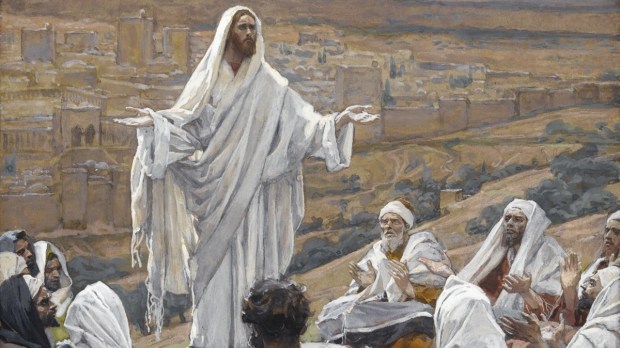The Old English word hallow continues to be used in the Our Father and generally means “to make holy.”
However, that meaning can be confusing as it makes it appear that we are making God’s name holy.
Is that correct? How could we make God’s name holy?
St. Cyprian gives us a succinct commentary on this fascinating phrase.
After this we say Hallowed be thy name. This is not because we want God to be made holy by our prayers: what we are asking God is that his name should be hallowed within us. After all, how can anything be needed to sanctify God, who himself is the source of sanctity? But because he says be holy, as I am holy, we ask and beg of him that we, who have been sanctified in baptism, may continue in that which we have begun to be. And this we pray daily, for our need is for daily sanctification so that we who daily fall away may wash away our crimes by continual sanctification.
The Catechism of the Catholic Church offers the same explanation.
[T]his petition is here taught to us by Jesus as an optative: a petition, a desire, and an expectation in which God and man are involved. Beginning with this first petition to our Father, we are immersed in the innermost mystery of his Godhead and the drama of the salvation of our humanity. Asking the Father that his name be made holy draws us into his plan of loving kindness for the fullness of time, “according to his purpose which he set forth in Christ,” that we might “be holy and blameless before him in love.”
As a result, this part of the Our Father is a beautiful petition, whereby we are challenged to let God’s grace into our lives, so that we may be holy, as God is holy.




